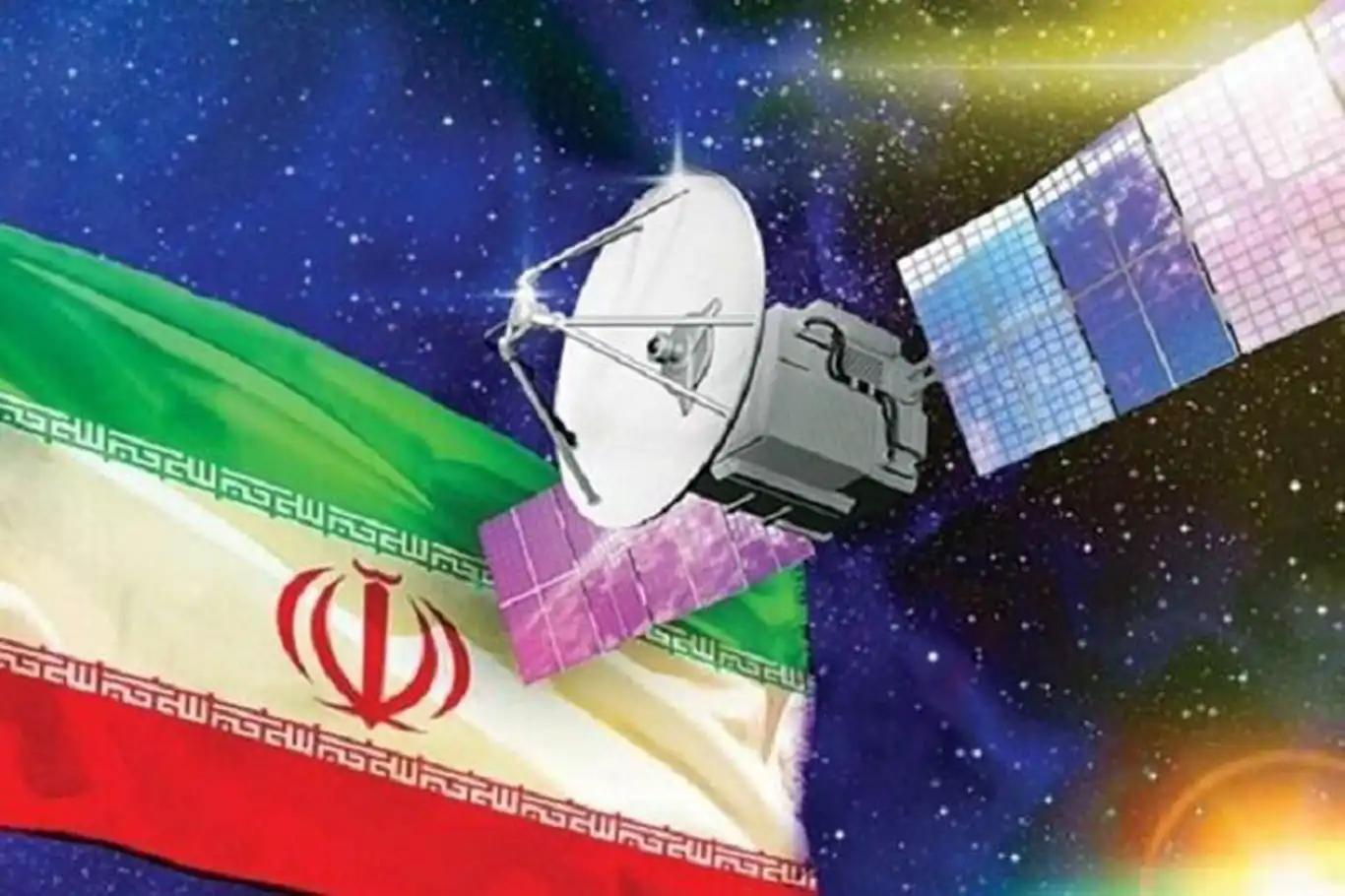Iran to launch advanced ‘Kowsar 1.5’ satellite in 2025


Iran is preparing to launch an upgraded version of its domestically developed Kowsar satellite, named “Kowsar 1.5,” into orbit in the first half of the upcoming Persian calendar year, starting March 21, 2025.
Hossein Shahabi, CEO of a knowledge-based aerospace company, announced the plan during Ayatollah Seyyed Ali Khamenei’s visit to an exhibition showcasing private sector advancements.
The Kowsar 1.5 satellite follows the success of the Kowsar and Hodhod satellites, launched on November 5, 2024. These earlier satellites were designed for specific missions: Kowsar for remote sensing applications and Hodhod for the Internet of Things (IoT), both aimed at advancing precision agriculture in Iran.
Shahabi emphasized the project’s domestic origins, stating that over 85% of the satellite components have been indigenized. Even imported components were integrated using entirely local expertise, showcasing the self-reliance of Iranian scientists.
Despite sanctions, Shahabi highlighted Iran’s ability to convert external pressures into opportunities. He expressed optimism about securing investments for the development of a satellite constellation to further expand Iran’s capabilities in space technology.
Shahabi urged the Iranian government to bolster the aerospace sector by offering state guarantees for the space services market and making pre-purchase commitments. Such measures, he argued, would encourage innovation and investment in the country’s burgeoning space industry.
The upcoming launch reflects Iran’s ongoing commitment to advancing its satellite and aerospace capabilities amid external challenges. (ILKHA)
LEGAL WARNING: All rights of the published news, photos and videos are reserved by İlke Haber Ajansı Basın Yayın San. Trade A.Ş. Under no circumstances can all or part of the news, photos and videos be used without a written contract or subscription.
European leaders, including French President Emmanuel Macron, have sharply criticized the United States after Washington imposed visa bans on several prominent European figures involved in efforts to regulate major American technology companies.
The 77th International Astronautical Congress (IAC 2026) will be held in Antalya, Türkiye, from 5 to 9 October 2026, marking a historic milestone as Türkiye hosts the world’s largest and most prestigious space conference for the first time.
NASA’s SPHEREx space telescope has successfully produced the first complete map of the entire sky, marking a major milestone in humanity’s effort to understand the origins and evolution of the universe.
Blue Origin has postponed the launch of its New Shepard Mission NS-37 after engineers detected an issue during routine pre-flight checks, the company said in an update.